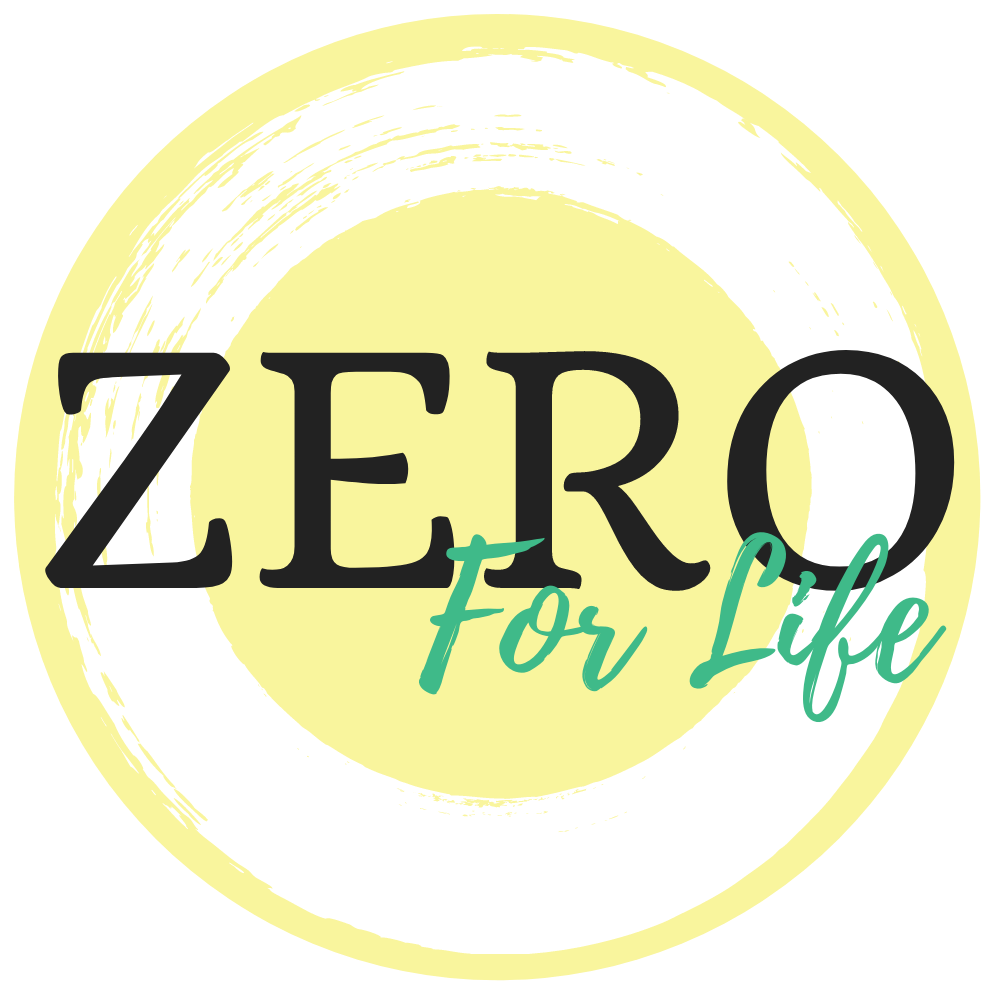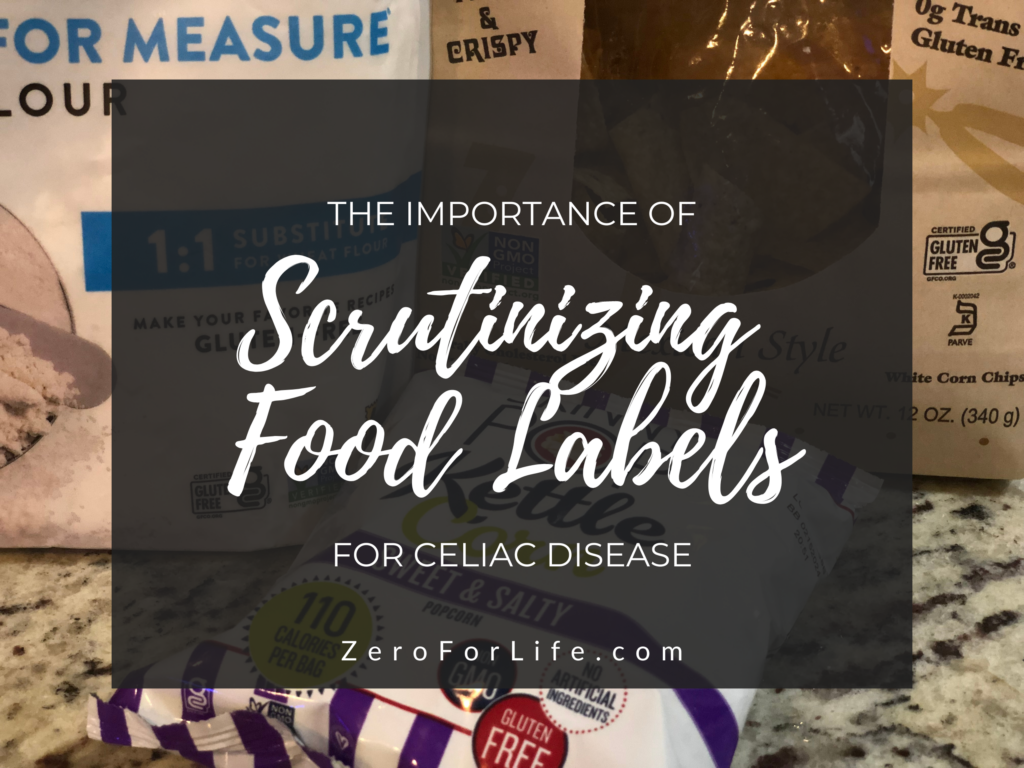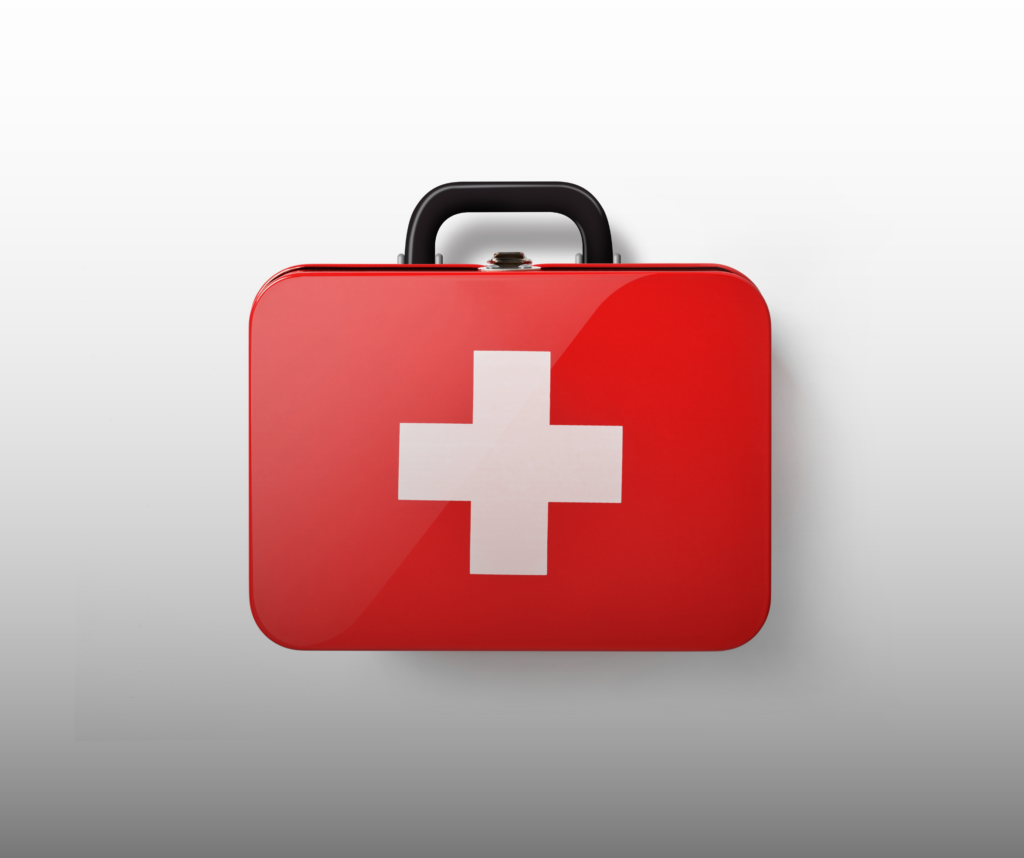What is Vitamin B3 (Niacin) Deficiency?
Vitamin B3 (niacin) deficiency, also known as pellagra, can lead to various symptoms and conditions. Pellagra is rare in developed countries due to the availability of niacin-rich foods and vitamin supplements. However, it can still occur in certain populations, such as individuals with alcoholism, malnutrition, or certain medical conditions that impair niacin absorption or metabolism. Here are some symptoms and conditions associated with niacin deficiency:
- Dermatitis: Pellagra commonly presents with a characteristic dermatitis, which is a skin rash that typically appears in areas exposed to sunlight. The rash is often symmetrical and may be red, inflamed, and sensitive. It can cause itching, burning, and peeling of the skin.
- Diarrhea: Niacin deficiency can lead to gastrointestinal symptoms, including chronic diarrhea. The diarrhea may be accompanied by abdominal pain and digestive disturbances.
- Dementia and neurologic symptoms: Advanced stages of pellagra can involve neurologic symptoms, including confusion, disorientation, memory problems, difficulty walking, and impaired coordination. Severe niacin deficiency affecting the nervous system can lead to a condition called pellagra encephalopathy.
- Glossitis and stomatitis: Deficiency of niacin may cause inflammation of the tongue (glossitis) and mouth (stomatitis), leading to pain, redness, and swelling.
- Emotional and psychiatric disturbances: Pellagra can be associated with psychiatric symptoms, such as anxiety, depression, irritability, restlessness, and even hallucinations.
- Fatigue and weakness: Niacin deficiency can contribute to generalized fatigue, weakness, and a lack of energy.
It’s important to note that niacin deficiency is rare in well-nourished individuals with a balanced diet. It is more commonly seen in populations with limited access to diverse food sources or specific health conditions that interfere with niacin absorption or metabolism.
If you suspect a niacin deficiency or are experiencing any of these symptoms, it is crucial to consult with a healthcare professional for proper evaluation and diagnosis. A healthcare provider can conduct a thorough assessment, including a review of your medical history and potentially perform laboratory tests to determine if a niacin deficiency or another underlying condition is responsible for the symptoms. Treatment typically involves niacin supplementation and dietary modifications.
How does Vitamin B3 (Niacin) Deficiency relate to Celiac Disease?
Celiac disease can result in malabsorption of essential nutrients, including niacin. Niacin deficiency may lead to a condition known as pellagra, characterized by skin issues, digestive problems, and neurological symptoms. Managing celiac disease through a gluten-free diet is crucial to prevent and address nutritional deficiencies, including those related to vitamin B3.



















 in the USA
in the USA